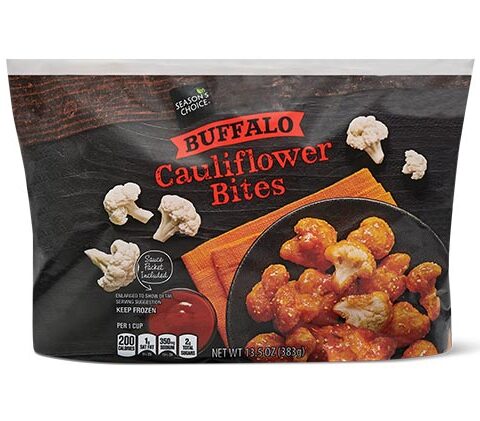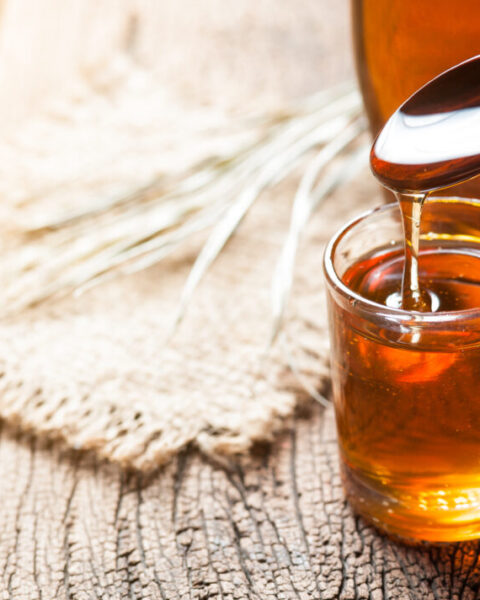Maintaining a healthy gut is about more than just avoiding stomachaches—it’s essential for your overall well-being. A well-balanced gut can improve digestion, boost your immune system, and even enhance your mood. One of the best ways to support your gut health is by incorporating probiotic-rich foods into your diet. Here are some of the best probiotic foods you can add to your diet that will not only add variety to your meal but also keep your gut in top shape.
Contents
- 1 Yogurt
- 2 Fermented Garlic
- 3 Fermented Carrots
- 4 Kefir
- 5 Sauerkraut
- 6 Kimchi
- 7 Miso
- 8 Tempeh
- 9 Pickles
- 10 Natto
- 11 Buttermilk
- 12 Kombucha
- 13 Apple Cider Vinegar
- 14 Kvass
- 15 Raw Cheese
- 16 Sourdough Bread
- 17 Soy Sauce
- 18 More From RetailShout
- 19 The 14 Ultimate Ranking of Trader Joe’s 2024 Boxed Mixes
- 20 14 Creative and Healthy Lunches Your Kids Will Look Forward To
Yogurt
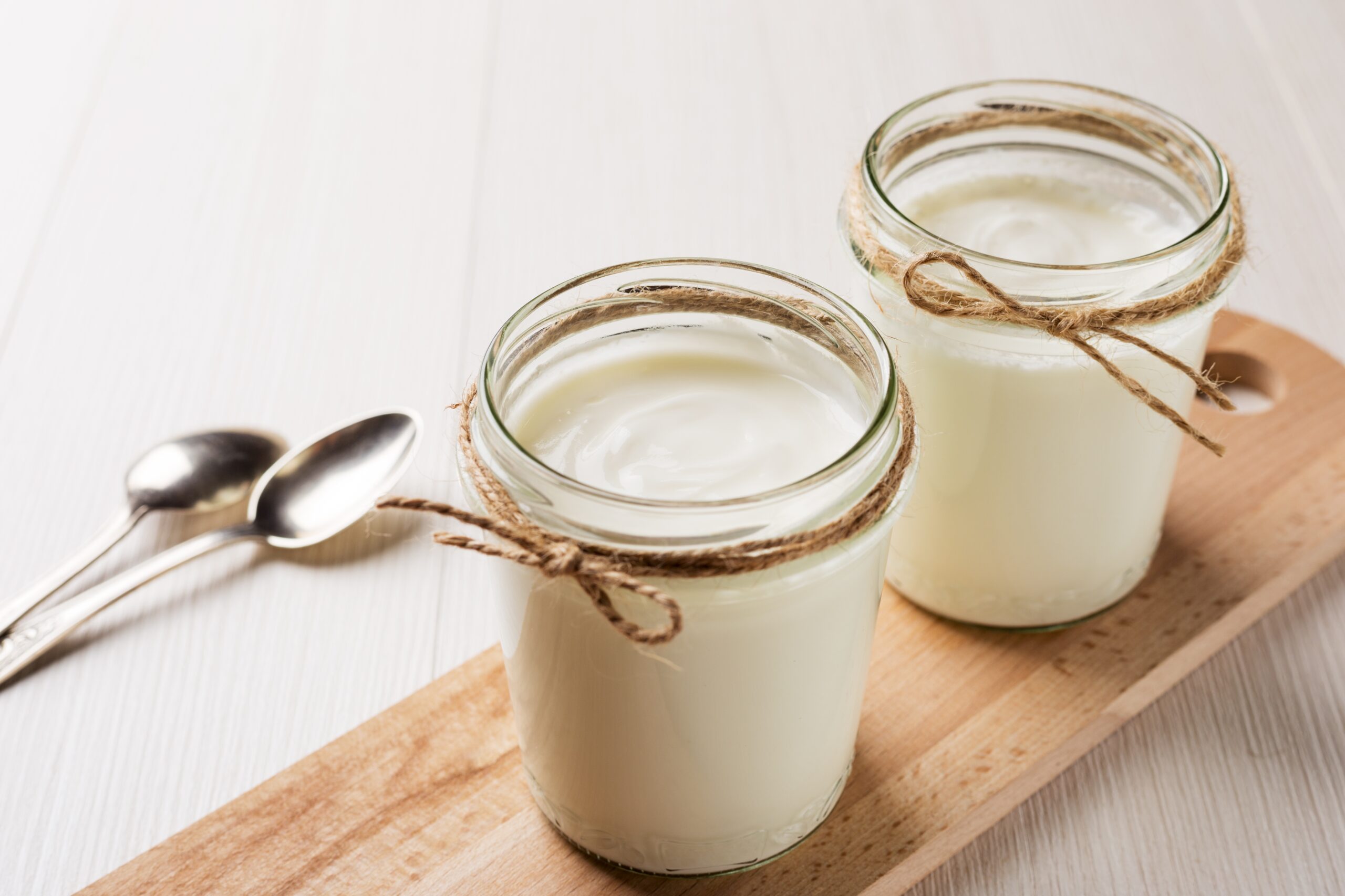
Yogurt is one of the most well-known sources of probiotics, containing live bacteria that support gut health. The probiotics in yogurt, such as Lactobacillus and Bifidobacterium, help maintain a balanced microbiome, promoting efficient digestion and nutrient absorption. Consuming yogurt regularly can also help alleviate symptoms of irritable bowel syndrome (IBS) and other digestive issues. For maximum probiotic benefits, choose yogurt labeled as containing “live and active cultures.” Opt for plain, unsweetened varieties to avoid added sugars that can disrupt gut health.
Fermented Garlic
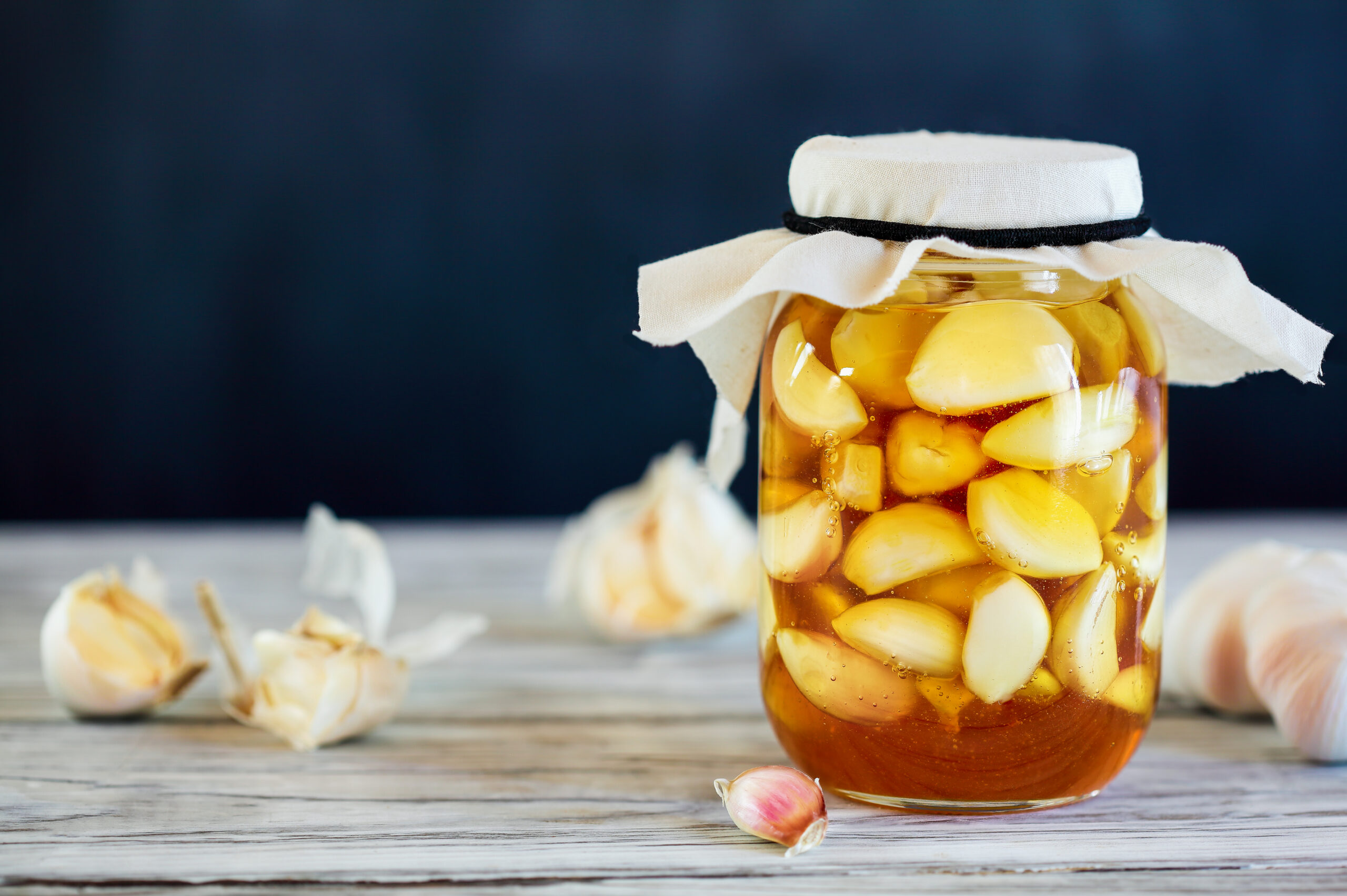
Fermented garlic is a potent probiotic food made by fermenting raw garlic in brine. The fermentation process enhances the bioavailability of garlic’s nutrients and introduces beneficial bacteria like Lactobacillus. Fermented garlic is known for its immune-boosting properties, as well as its ability to improve digestion and support gut health. The probiotics in fermented garlic can help balance the gut microbiome and reduce inflammation in the digestive tract. Including fermented garlic in your diet can provide a flavorful and healthful way to support gut health and overall wellness.
Fermented Carrots
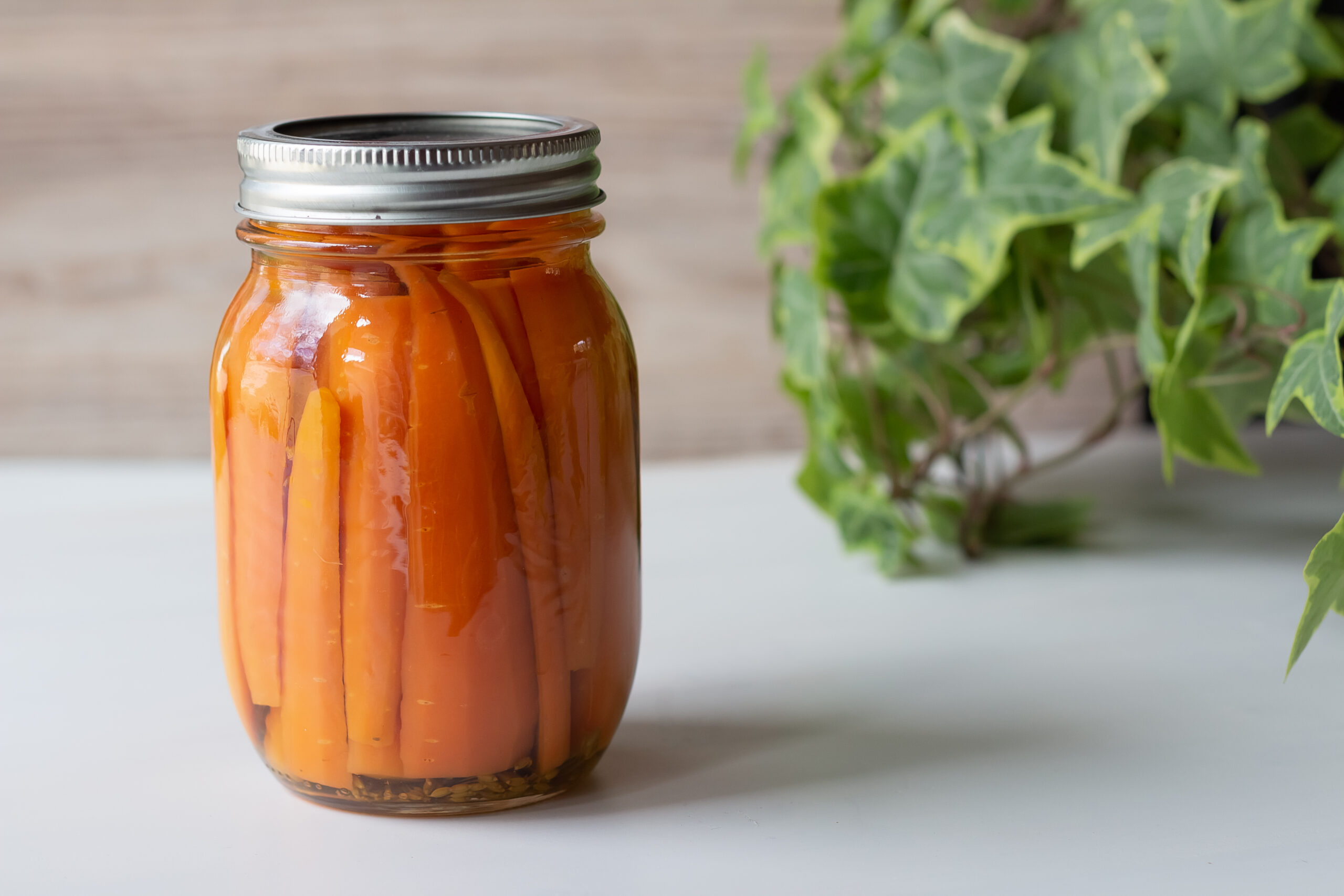
Fermented carrots are a tasty and nutritious probiotic food made by fermenting fresh carrots in a saltwater solution. The fermentation process introduces beneficial bacteria like Lactobacillus, which can help improve digestion and support gut health. Fermented carrots are also rich in fiber, vitamins, and antioxidants, making them a nutritious addition to any diet. The tangy flavor and crunchy texture of fermented carrots make them a great snack or side dish. Regular consumption of fermented carrots can help maintain a healthy gut microbiome and provide a natural source of probiotics.
Kefir
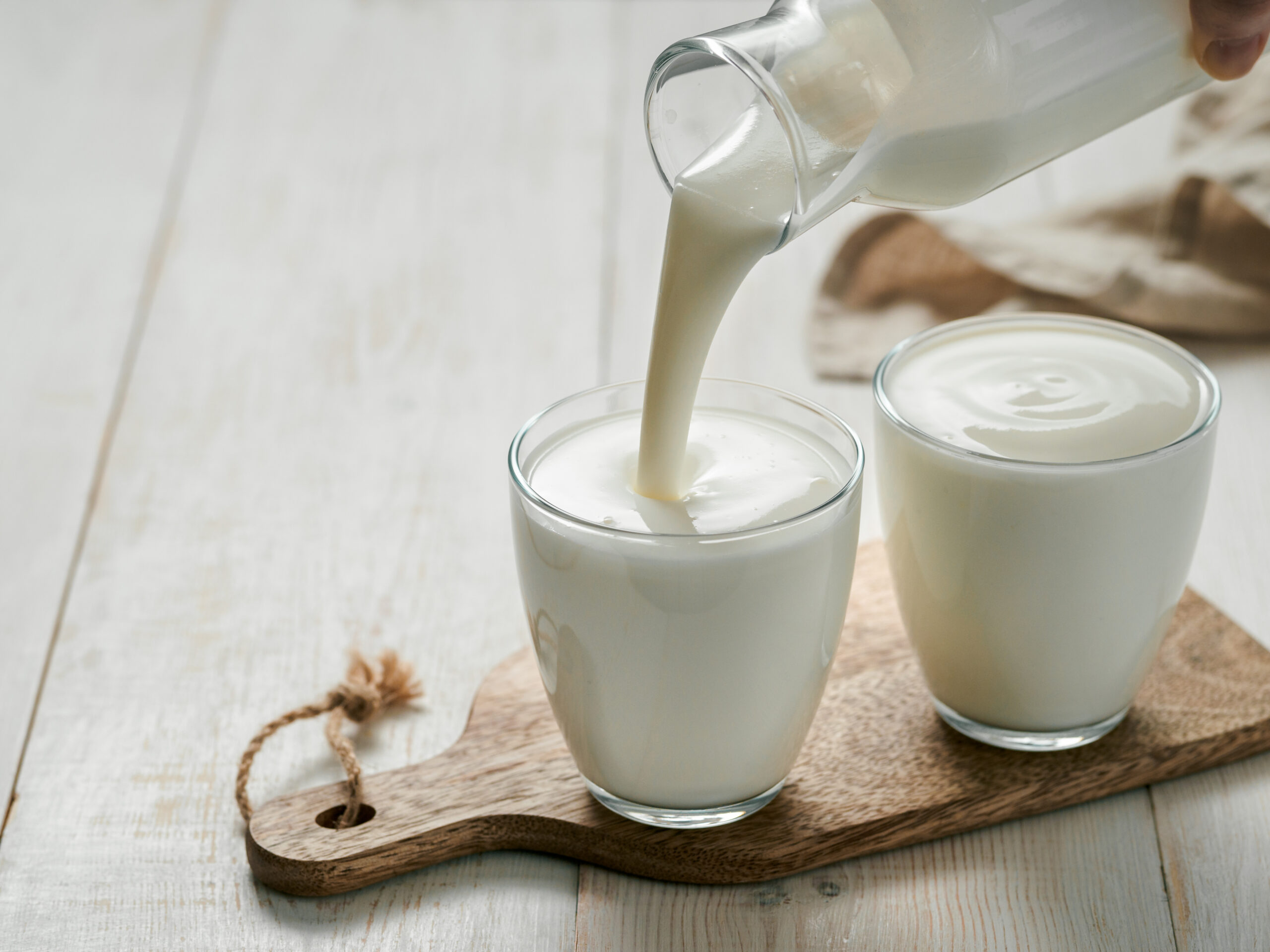
Kefir is a fermented milk drink that is rich in probiotics, providing a diverse range of beneficial bacteria and yeasts. It is similar to yogurt but has a thinner consistency and a more tart flavor. Kefir contains more probiotic strains than yogurt, making it a potent option for improving gut flora. The fermentation process also makes kefir easier to digest, especially for those who are lactose intolerant. Drinking kefir regularly can help strengthen the immune system and enhance overall digestive health.
Sauerkraut
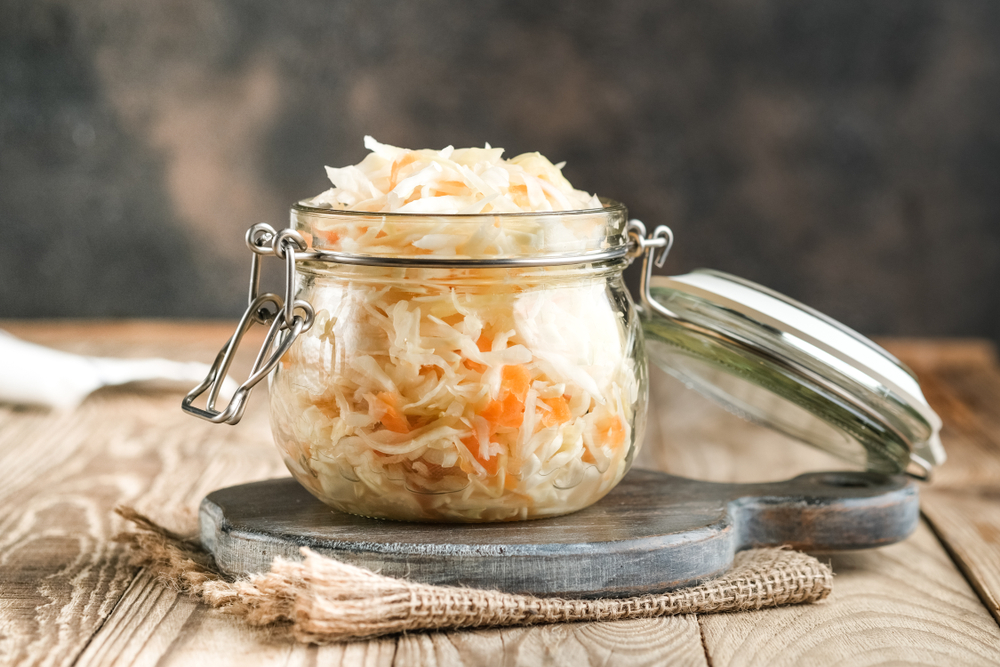
Sauerkraut, made from fermented cabbage, is a traditional food that offers a high concentration of probiotics. The fermentation process not only preserves the cabbage but also boosts its probiotic content, particularly Lactobacillus. Sauerkraut is also rich in fiber, which further supports digestive health by promoting regular bowel movements. Additionally, sauerkraut contains vitamins C and K, contributing to overall health. To get the most benefits, opt for raw, unpasteurized sauerkraut, as pasteurization can kill the beneficial bacteria.
Kimchi
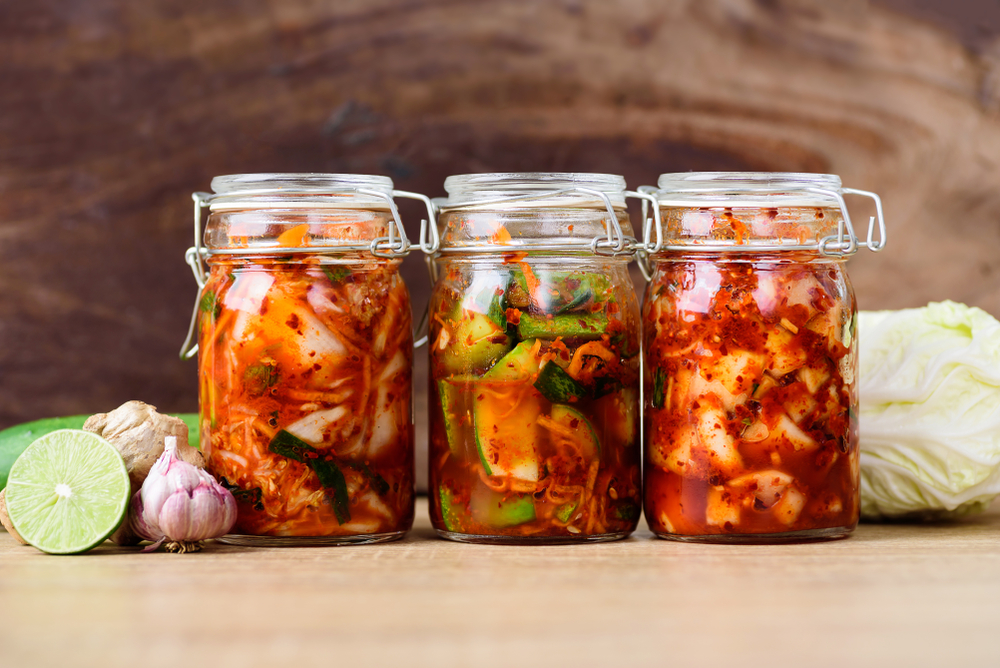
Kimchi is a Korean dish made from fermented vegetables, most commonly napa cabbage and radishes. It is seasoned with various spices, garlic, ginger, and chili peppers, giving it a distinctive spicy flavor. Like sauerkraut, kimchi is rich in Lactobacillus bacteria, which are beneficial for gut health. The fermentation process not only adds probiotics but also enhances the bioavailability of nutrients in the vegetables. Regular consumption of kimchi can improve digestion, boost immunity, and reduce inflammation in the body.
Miso
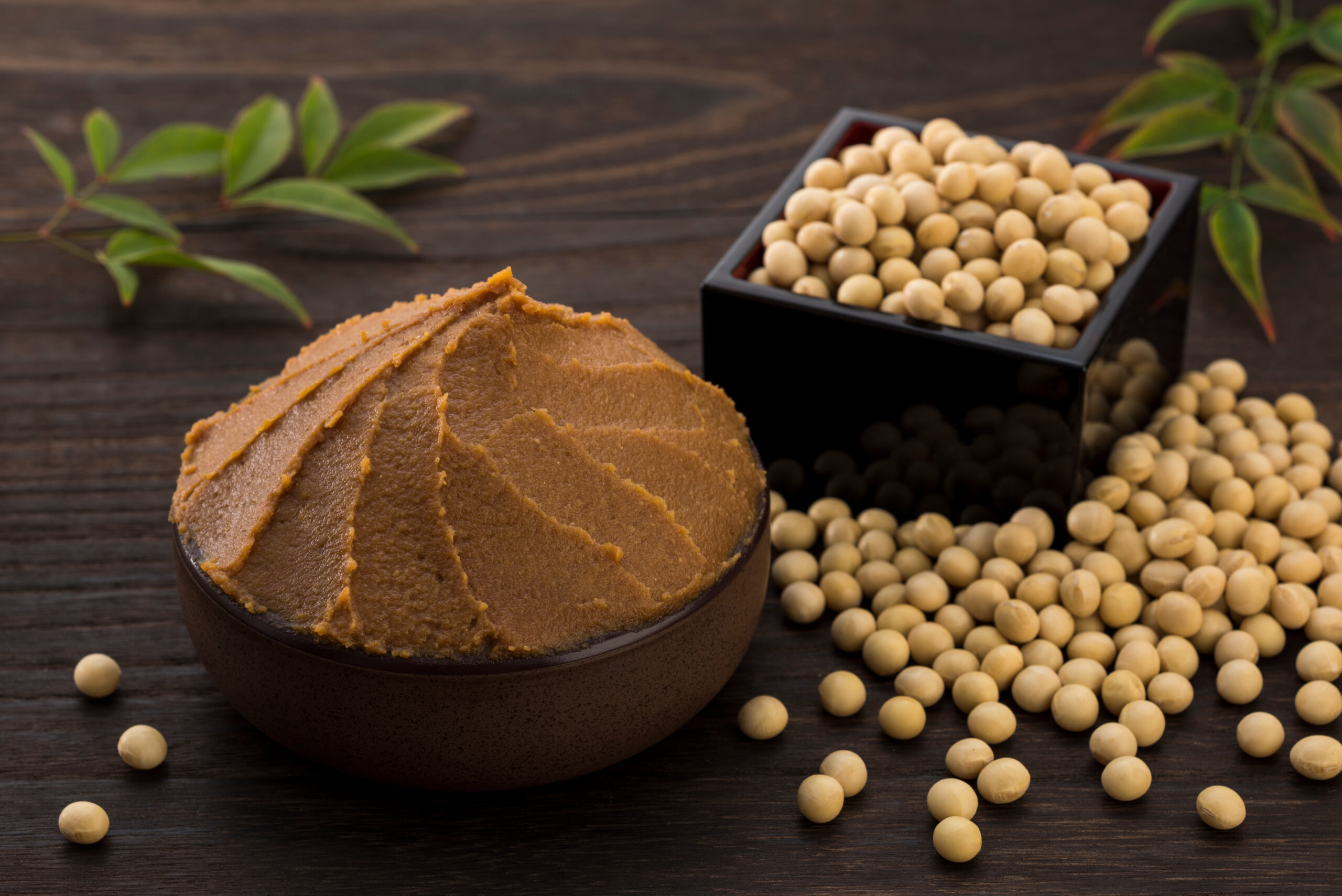
Miso is a traditional Japanese paste made from fermented soybeans, barley, or rice. It is commonly used in soups, marinades, and dressings, adding a savory umami flavor to dishes. Miso is a good source of probiotics, particularly strains like Aspergillus oryzae, which help support gut health. The fermentation process also increases the nutrient content of miso, including B vitamins, antioxidants, and essential minerals. Incorporating miso into your diet can improve digestion, support a healthy immune system, and reduce the risk of certain chronic diseases.
Tempeh

Tempeh is a fermented soybean product that originates from Indonesia. It has a firm texture and a nutty flavor, making it a popular plant-based protein source. The fermentation process in tempeh produces probiotics that help enhance gut health, particularly by supporting the growth of beneficial bacteria. Tempeh is also rich in nutrients like protein, fiber, and vitamins, making it a nutritious addition to a balanced diet. Eating tempeh regularly can help improve digestion, lower cholesterol levels, and support heart health.
Pickles

Pickles, especially those made through natural fermentation, are an excellent source of probiotics. When cucumbers are fermented in brine, they develop beneficial bacteria like Lactobacillus that support gut health. Pickles are also low in calories and contain antioxidants, which help protect the body from free radical damage. To ensure you’re getting probiotics, choose pickles that are labeled as “fermented” and are stored in the refrigerator, as heat-processed pickles may not contain live cultures. Including fermented pickles in your diet can help improve digestion and boost immune function.
Natto
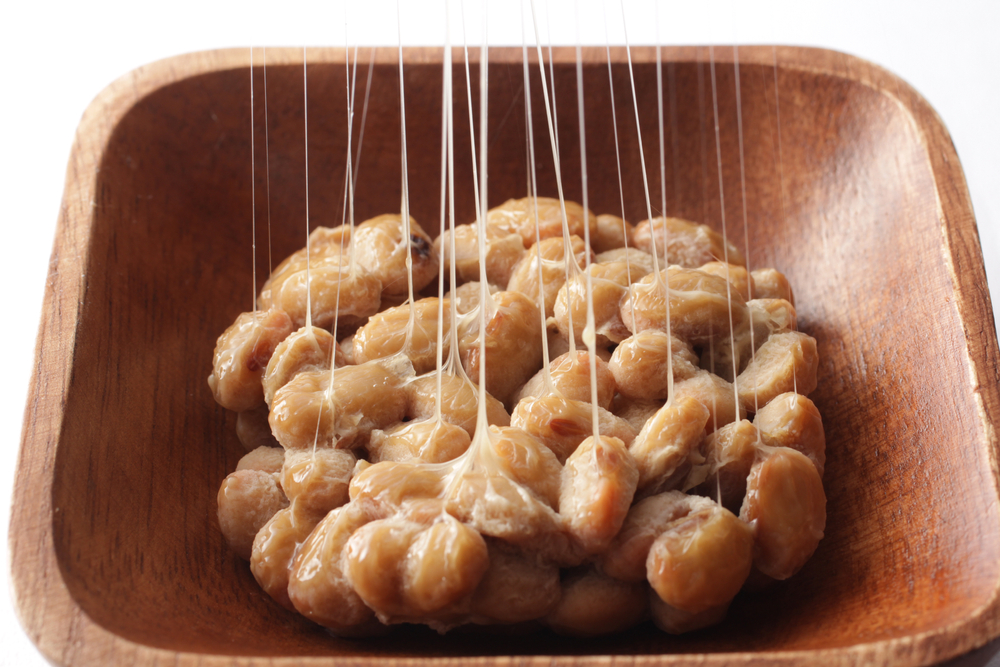
Natto is a traditional Japanese food made from fermented soybeans, known for its strong flavor and sticky texture. It is rich in probiotics, particularly Bacillus subtilis, which is beneficial for gut health. Natto is also a good source of vitamin K2, which plays a crucial role in bone health and cardiovascular function. The fermentation process in natto enhances the digestibility of soybeans, making it easier for the body to absorb nutrients. Regular consumption of natto can support digestion, improve bone density, and promote heart health.
Buttermilk
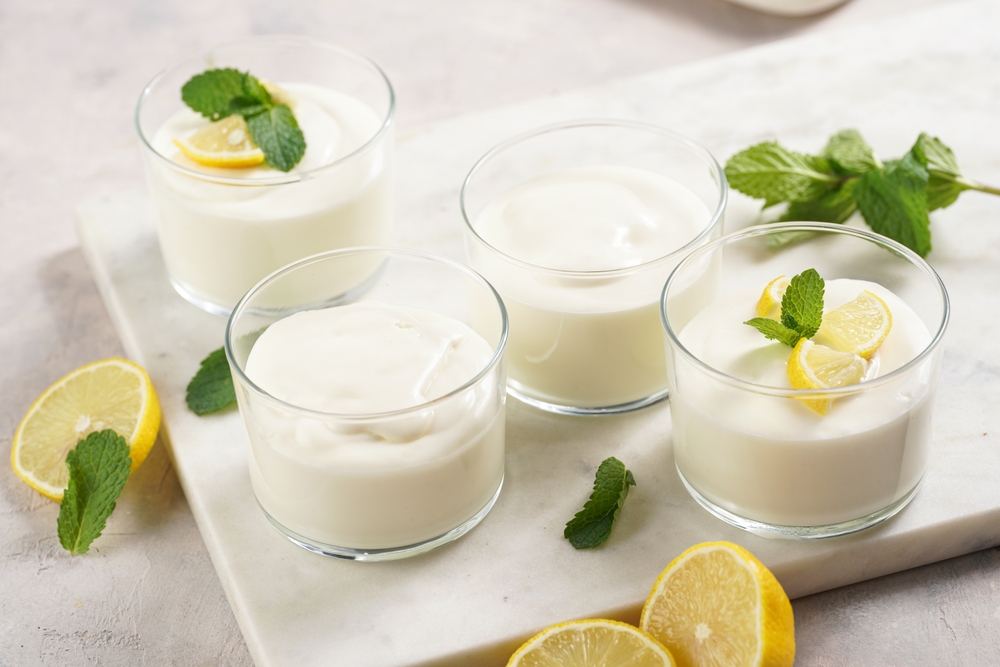
Buttermilk, especially the traditional, cultured variety, is a probiotic-rich beverage that can support gut health. It is made by fermenting milk with lactic acid bacteria, which helps populate the gut with beneficial bacteria. Buttermilk is also easier to digest than regular milk, making it a good option for those with lactose intolerance. In addition to probiotics, buttermilk contains calcium, potassium, and vitamins, contributing to overall health. Drinking buttermilk regularly can help improve digestion, strengthen bones, and support a healthy immune system.
Kombucha

Kombucha is a fermented tea that has gained popularity as a health drink due to its probiotic content. It is made by fermenting sweetened tea with a symbiotic culture of bacteria and yeast (SCOBY). Kombucha contains various strains of probiotics that support gut health, along with antioxidants and organic acids that have detoxifying properties. The fermentation process also produces a small amount of alcohol and carbonation, giving kombucha its unique taste. Regular consumption of kombucha can help improve digestion, boost energy levels, and support liver function.
Apple Cider Vinegar
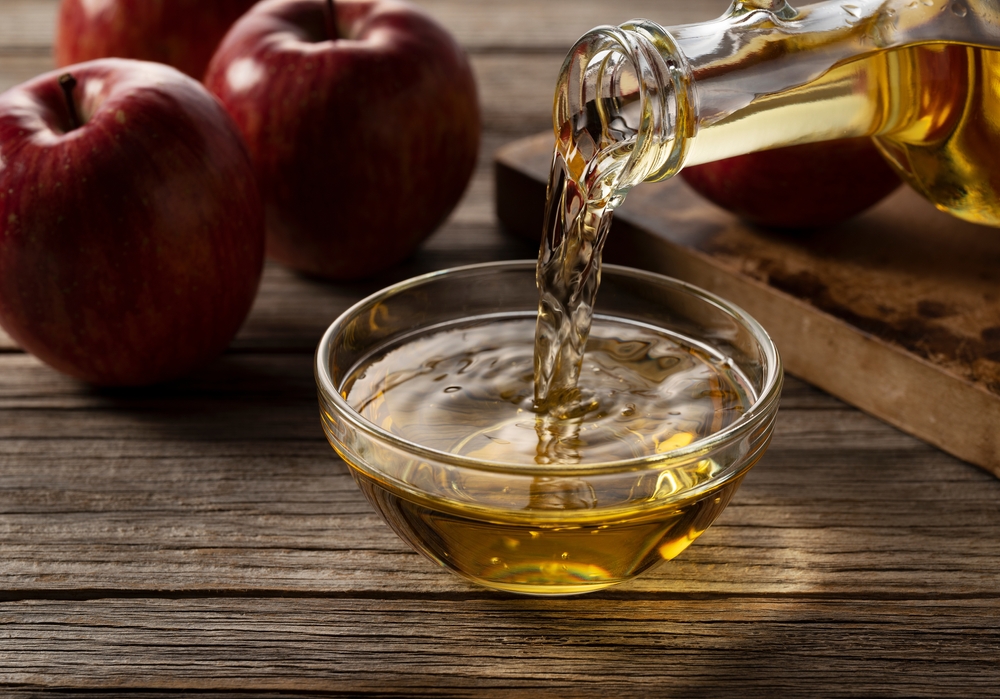
Apple cider vinegar (ACV) is made from fermented apple juice and is known for its probiotic properties. The fermentation process creates beneficial bacteria, such as Acetobacter, which can support gut health. ACV is also rich in acetic acid, which has been shown to have antimicrobial effects and can help balance blood sugar levels. Consuming ACV in moderation can aid digestion, promote weight loss, and improve skin health. For the best probiotic benefits, choose raw, unfiltered apple cider vinegar with the “mother,” which contains the live bacteria.
Kvass
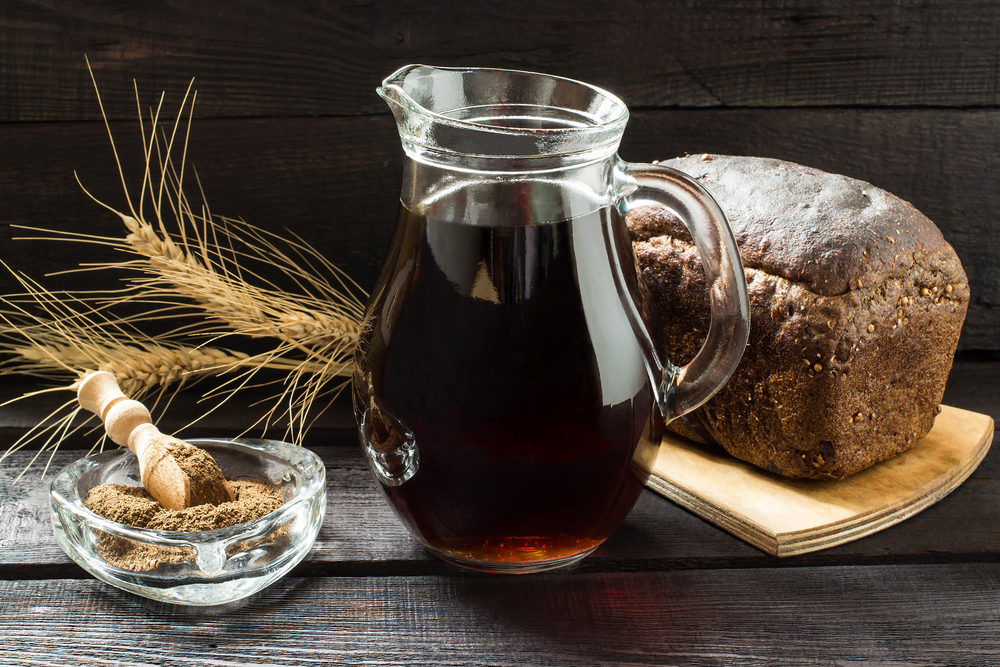
Kvass is a traditional Eastern European beverage made from fermented rye bread or beets. It is a mildly alcoholic drink with a tangy flavor and a good source of probiotics, particularly Lactobacillus. Kvass is also rich in B vitamins and antioxidants, which contribute to overall health and vitality. The probiotics in kvass help support digestion, improve nutrient absorption, and boost the immune system. Drinking kvass regularly can help maintain a healthy gut, reduce inflammation, and provide a natural energy boost.
Raw Cheese

Raw, unpasteurized cheese is a lesser-known source of probiotics that can benefit gut health. During the cheese-making process, beneficial bacteria like Lactobacillus and Bifidobacterium develop, which support a healthy gut microbiome. Raw cheese also contains important nutrients like calcium, protein, and healthy fats, contributing to overall health. Choosing raw, aged cheeses like Gouda, cheddar, or Swiss can provide the most probiotic benefits. Including raw cheese in your diet can help improve digestion, support bone health, and provide a rich source of essential nutrients.
Sourdough Bread
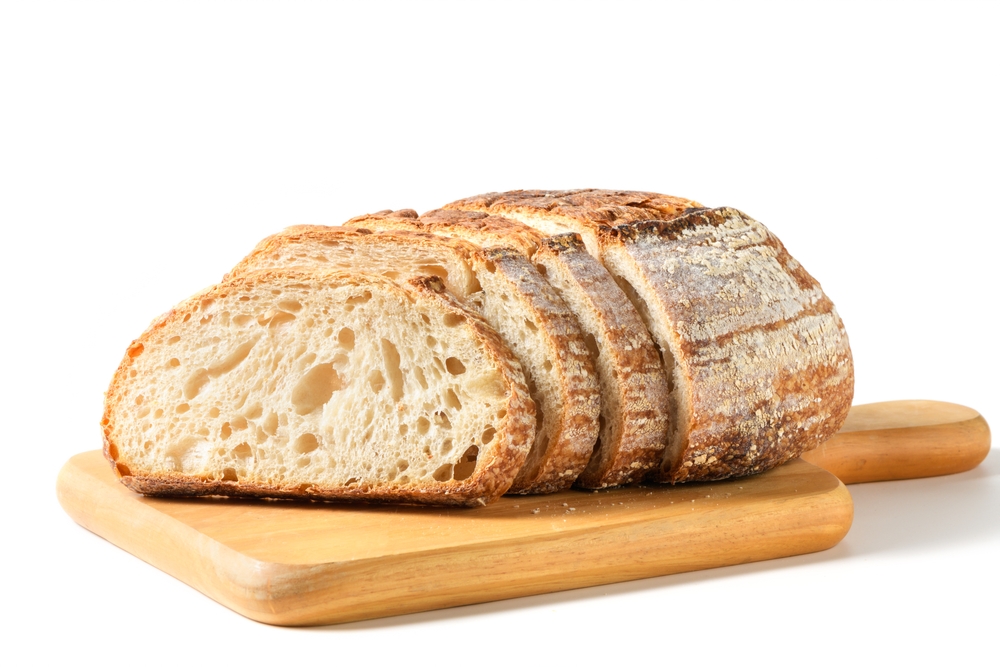
Sourdough bread is made through the fermentation of dough using naturally occurring lactobacilli and wild yeast. This fermentation process creates probiotics that can support gut health and improve digestion. Sourdough is also lower in gluten than regular bread, making it easier to digest for some people. The fermentation process also enhances the bioavailability of nutrients in the flour, including B vitamins and minerals like iron and magnesium. Eating sourdough bread regularly can help promote a healthy gut, stabilize blood sugar levels, and provide sustained energy.
Soy Sauce

Traditional soy sauce is made by fermenting soybeans with a mix of grains, salt, and yeast, resulting in a savory, umami-rich condiment. During fermentation, probiotics like Lactobacillus are introduced, which can aid digestion and support gut health. Soy sauce is also rich in antioxidants, which can help combat oxidative stress in the body. While it should be consumed in moderation due to its high sodium content, adding fermented soy sauce to your meals can enhance flavor and provide a small boost of probiotics.
This article originally appeared on RetailShout.
More From RetailShout
11 Oldest Seafood Restaurants in the US You Can’t Miss

Seafood has been a favorite in American cuisine for centuries, and some of the oldest seafood restaurants still stand as a testament to that love. These spots not only serve up fresh and delicious seafood but also carry rich histories that make dining there an unforgettable experience. Read More.
The 14 Ultimate Ranking of Trader Joe’s 2024 Boxed Mixes
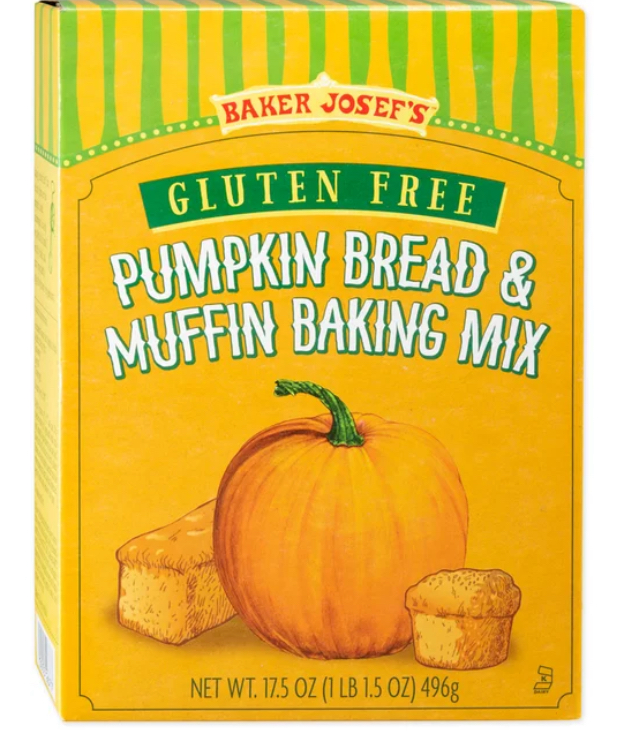
Let’s be real—life is busy, and sometimes we just need a little boxed magic to get a delicious treat on the table without breaking a sweat. Luckily, Trader Joe’s has our backs with their incredible (and sometimes quirky) array of boxed mixes. Read More.
14 Creative and Healthy Lunches Your Kids Will Look Forward To
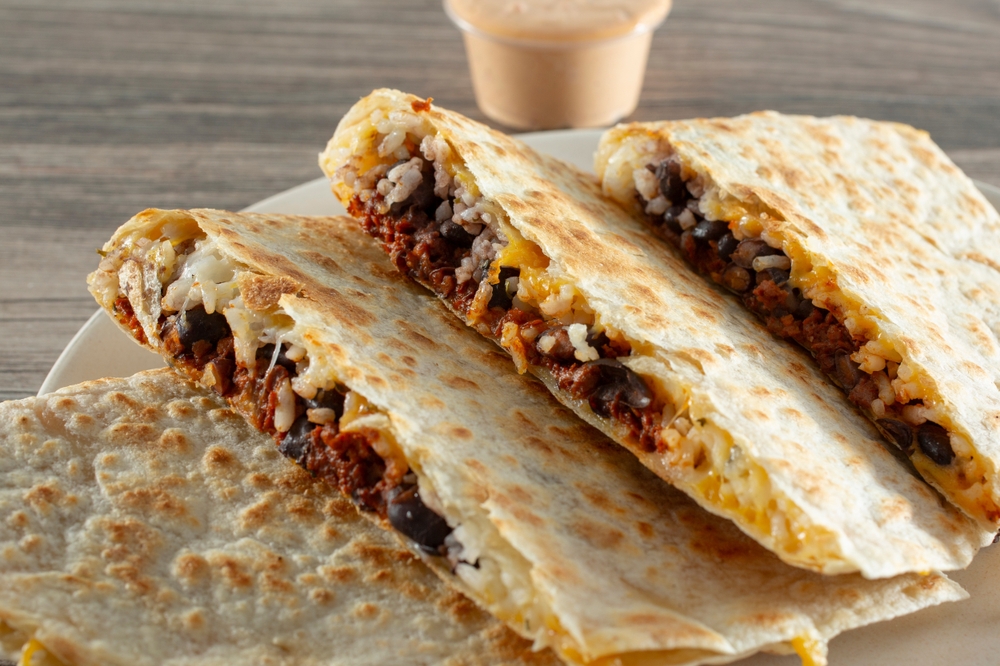
Making sure your kids have healthy lunches is important for their growth and energy throughout the day. Here are 15 great options that are not only nutritious but also delicious and easy to prepare. Read More.


